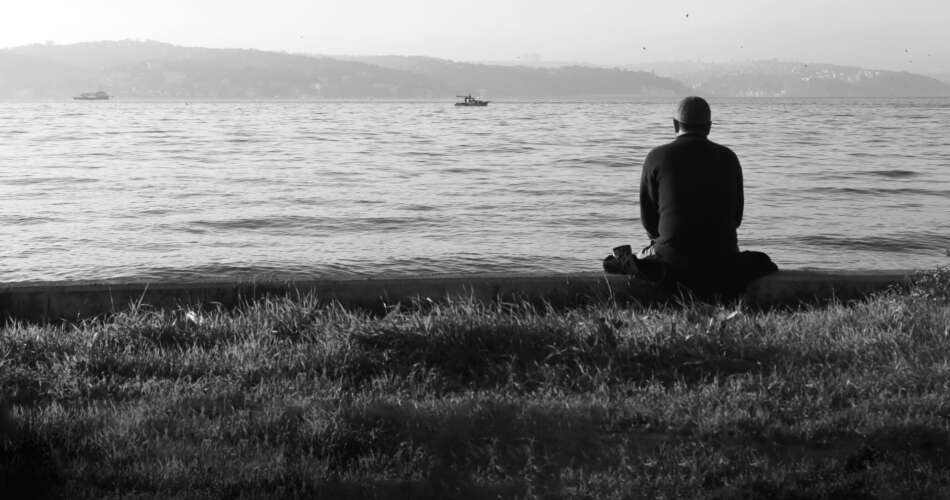Hello guys,
A couple of months ago, I had an argument with my younger brother. He said, I am interfering too much into his life. I was hurt. Mainly because I thought that I was caring for him. And how did that caring look like?
Did you spot a codependent? Yes, that’s me!
A codependent person is one who has let another person’s behavior affect him or her, and who is obsessed with controlling that person’s behavior.
Because alcoholism created a need to find a terminology who would define those people who lived with these alcoholics, and were greatly affected by their partner/kid’s drinking habit. In an effort to ‘help’ the alcoholic, they would manipulate, or control him with all efforts in vain. And this would make them angry, exhausted, and emptied of everything. However, with time it was found that Alcoholism (or chemical dependency) is not the only family problem that can create a codependent person.
Here is the example from the book,
Alissa, the mother of two teenagers, went to counseling because her oldest child, a fourteen-year-old boy, was constantly causing problems. He ran away, broke curfew, skipped school, disobeyed other family rules, and generally did whatever he wanted, whenever he wanted.
“This child,” Alissa told the counselor, “is driving me crazy.”
She meant it. She was worried sick. Some days she was so depressed and troubled she couldn’t get out of bed. She’d placed him in treatment three times, put him in two different foster homes, and dragged the whole family from counselor to counselor. She had threatened, cried, hollered, and begged. She had gotten tough and called the police on him. She had tried gentleness and forgiveness.
She even tried acting like he hadn’t done the inappropriate things he had done. She had locked him out. And she had traveled halfway across the state to bring him home after he ran away. Although her efforts hadn’t helped her child, Alissa was obsessed with finding and doing the one thing that would “make him see the errors of his ways” and help him change.
“Why,” she asked the counselor, “is he doing this to me? He’s running and ruining my life!” The counselor agreed the problem with Alissa’s son was painful, upsetting, and required action.
But the counselor also said the problem didn’t have to run and ruin Alissa’s life. “You haven’t been able to control your son, but you can gain control of yourself,“ he said. “You can deal with your own codependency.”
And that’s what we have to do. We have to learn to deal with our own codependency. Please note that codependency does not have to be dramatic always.
For example, in a marriage, if you take responsibility of your partner’s happiness, you are codependent. Or if you are child/teenager, and you feel too burdened to make your parents happy by making choices according to their wish, you are a codependent. This is pretty common in Indian families where we make career choices, marriage choices just because we want our parents to be happy. Can you relate to this?
It’s natural to protect and help people we love. It’s also natural to react. However, is it always ‘REACT’? For most of the codependents, it’s overreact or underreact. And the problem is that it progresses like a disease.
Does it make us bad person?? No! It’s something we learnt in childhood, from the environment and can be unlearned too. We can learn healthier behavior. We can learn how to care without being obsessed.
So, what is the solution of this problem?
Detachment. That’s what the author says!
We cannot begin to work on ourselves, to live our own lives, feel our own feelings, and solve our own problems until we have detached from the object of our obsession. Now, how and what of detachment is something we will talk in the next post.
Maybe you can share your experience with codependency in the comment section!
Edit: Here is the updated post on Detachment. (Link)
Love and healing on your way..
Ankita




